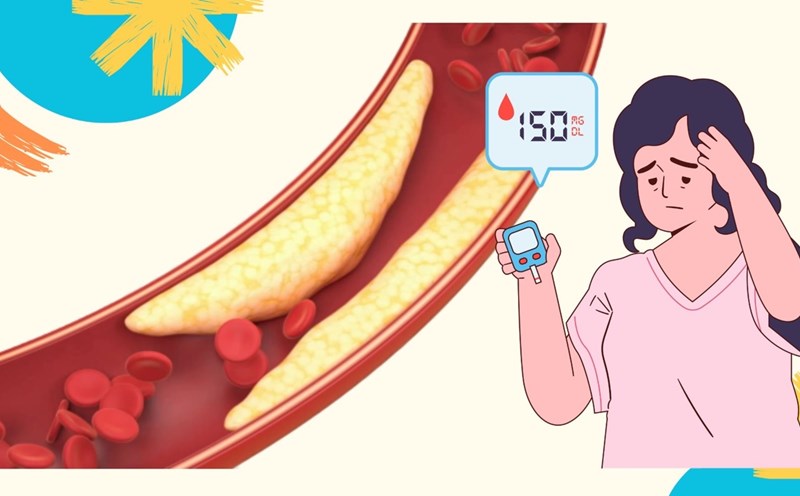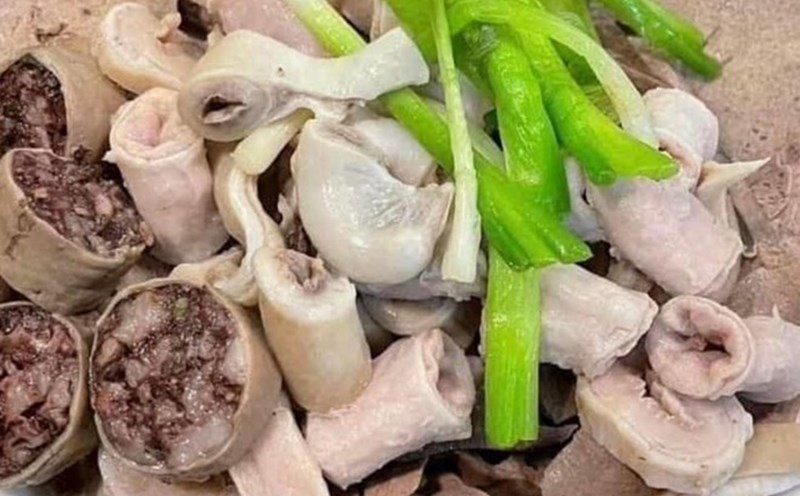Avocado is a nutritious fruit, containing a lot of unsaturated fats, vitamins and minerals. However, for people with weak kidneys, avocado consumption should be limited.
One of the main reasons is the very high potassium content in avocados. On average, 100g of avocado contains about 485mg of potassium and a large avocado can contain more than 900mg of potassium.
When the kidneys are weakened, the ability to filter and excrete potassium in the blood decreases. Taking too much potassium from foods like avocados will increase blood potassium levels. Research shows that patients with chronic kidney disease stage 34 if consuming more than 2,000mg of potassium/day are at risk of increasing cardiovascular complications.
Avocado is also rich in fat, although it is a good fat, for people with weak kidneys, lipid metabolism can decline, easily causing high blood fat and increasing the risk of cardiovascular disease.
Some avocado products such as avocado juice have added condensed milk and sugar, which further increases the metabolic burden for kidney patients.
Although it is a healthy food, avocados pose a risk to people with weak kidneys due to their high potassium and unnecessary fat content. Therefore, people with weak kidneys should consult a nutritionist or doctor before consuming to ensure safety for their health.











